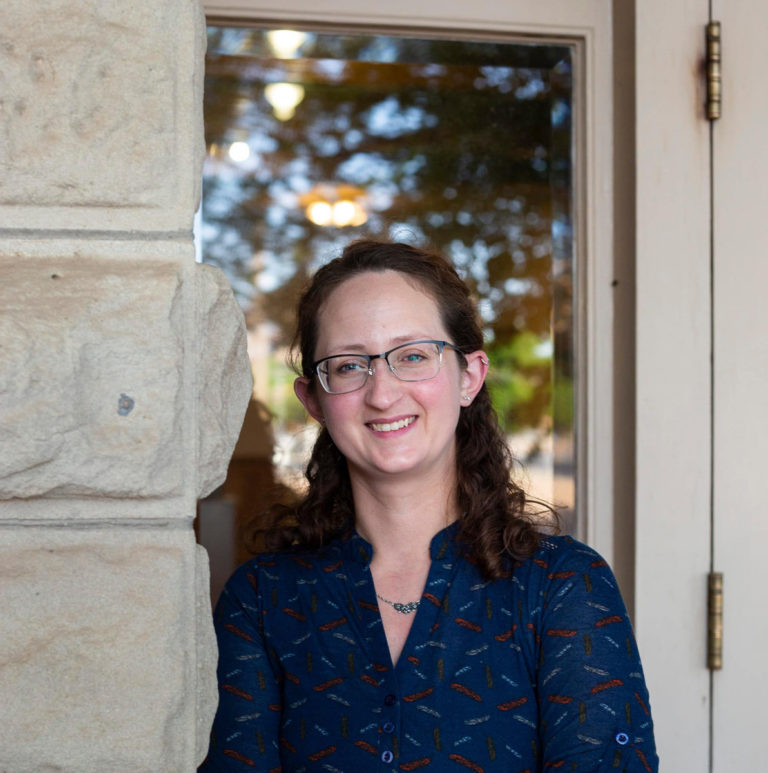Lydia Miller is a Licensed Clinical Social Worker and Board-Certified Music Therapist operating her own therapy practice in Texas and serves as a part-time instructor of social work at West Texas A&M University and the University of Kentucky. Lydia is currently a DSW Doctoral Candidate at the University of Kentucky and plans to transition to a full-time faculty position where she can she her expertise in clinical social work with students and colleagues, to help prepare future generations of social workers. She holds a Master’s degree in Social Work and a Bachelor’s degree in Music Therapy from West Texas A&M University. Anti-Racism, Diversity, Equity, and Inclusion (ADEI) in social work education is the focus of Lydia’s DSW Capstone project, where she is examining how educators can better promote ADEI in the classroom through curriculum development and implementation as well as improving pedagogical practices. This research has numerous future implications for the Science of Teaching and Learning in higher education, both within and outside of social work. ADEI in Social Work Education: A Conceptual Approach was selected as an abstract presentation at the National Conference on DSW Education and Social Work hosted by the University of Alabama.

Lydia Miller
LCSW, MT-BC, DSW Candidate
Anti-Racism, Diversity, Equity, and Inclusion (ADEI) in Social Work Education: Implications for Curriculum and Pedagogy
- April 22, 2024
- 10:30 AM -
- 11:30 AM
Abstract
The Association of Social Work Boards released its Exam Pass Rate Analysis concurrently with the Council on Social Work Education rolling out the 2022 Educational Policy and Accreditation Standards for social work programs. Together, they highlighted a problem in social work: the need for an intentional focus on Anti-Racism, Diversity, Equity, and Inclusion (ADEI) in social work education, practice, and research. This same demographic which makes up the majority of practicing social workers, who are then selected as item writers for future ASWB exams, are also the most likely to graduate from CSWE programs and pass the ASWB exam on the first attempt. This creates a cyclical and systematic problem.
Research supports the idea that centering marginalized voices and experiences in social work education promotes ADEI concepts. Product One, the systematic literature review, attempts to identify how centering marginalized voices in social work education promotes ADEI. Product Two, the conceptual paper, proposes an integrative theoretical framework utilizing Feminist Standpoint Theory, Funds of Knowledge, and Kolb’s Learning Stages to promote and enhance ADEI-focused curriculum and pedagogy. In Product Three, the practical application paper, an assessment tool is presented based on this new integrative framework with evidence-supported questions that allow educators to critically evaluate how they are utilizing ADEI in curriculum and pedagogy and make self-corrections as necessary. By empowering educators, social work programs are primed to positively alter the trajectory of research, practice, and the path to licensure.

